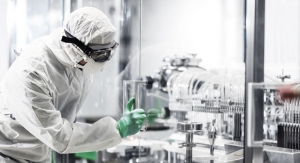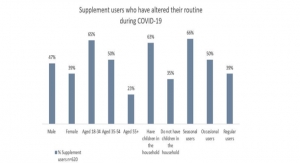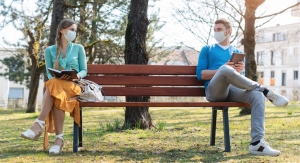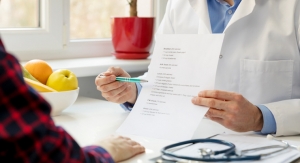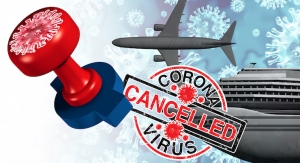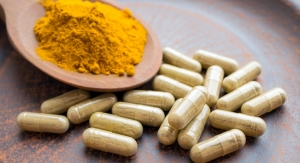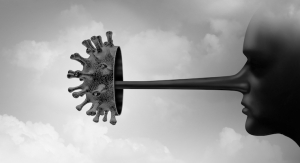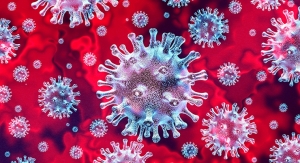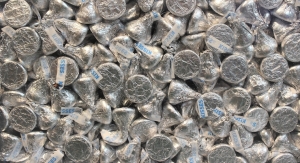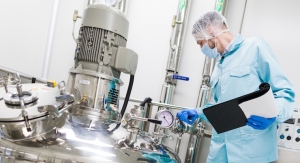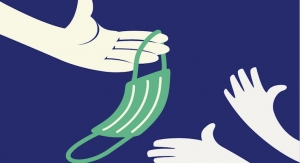09.08.20
The International Probiotics Association believes that many of the “germaphobic” protective measures that have seen steep increases since the onset of COVID-19, including hand washing, sanitization, and social distancing, may have a detrimental effect on the populations of beneficial microbes in the body, including those which may play a role in the innate immune system.
Jessica ter Haar, PhD, scientific director of the International Probiotics Association, made the recommendation that people begin probiotics supplementation in order to address the sudden changes in day-to-day living which may be depriving them of the many microbes evidenced to offer health benefits.
“We are living in strange times. We try to prevent transmission of the virus, but end up avoiding all contact to be safe. At this point in the pandemic our bodies are challenged in new ways, but at the same time, with much less support,” ter Haar said. “People are isolated, stressed, and alone, but are advised to self-isolate and practice social distancing. Many of us are living in that proverbial protected bubble that we previously condemned. Many microbes are good for your health. We sterilize everything to protect ourselves from the virus, but at the same time by not exposing ourselves to germs we are weakening our body’s own natural defenses to everyday threats.”
“By not living life, we are not getting those natural microbes that we really need to support our immune system’s defenses, metabolism, digestion, and even our brain’s mood and focus,” ter Haar said. “Probiotics can be the hero in our current germophobic environment to help counter this lack of microbe exposure and stimulate our body’s own bacterial population in the gut microbiome and cells. Probiotics can literally wake up sleepy bacteria and cells and assist in protecting our health.”
To date, more than 1,600 human clinical trials have been published on probiotics with the National Institutes of Health and the International Clinical Trials Registry Platform of WHO databases, and all probiotic supplements are regulated under the Dietary Supplement Health and Education Act of 1994 (DSHEA).
Jessica ter Haar, PhD, scientific director of the International Probiotics Association, made the recommendation that people begin probiotics supplementation in order to address the sudden changes in day-to-day living which may be depriving them of the many microbes evidenced to offer health benefits.
“We are living in strange times. We try to prevent transmission of the virus, but end up avoiding all contact to be safe. At this point in the pandemic our bodies are challenged in new ways, but at the same time, with much less support,” ter Haar said. “People are isolated, stressed, and alone, but are advised to self-isolate and practice social distancing. Many of us are living in that proverbial protected bubble that we previously condemned. Many microbes are good for your health. We sterilize everything to protect ourselves from the virus, but at the same time by not exposing ourselves to germs we are weakening our body’s own natural defenses to everyday threats.”
“By not living life, we are not getting those natural microbes that we really need to support our immune system’s defenses, metabolism, digestion, and even our brain’s mood and focus,” ter Haar said. “Probiotics can be the hero in our current germophobic environment to help counter this lack of microbe exposure and stimulate our body’s own bacterial population in the gut microbiome and cells. Probiotics can literally wake up sleepy bacteria and cells and assist in protecting our health.”
To date, more than 1,600 human clinical trials have been published on probiotics with the National Institutes of Health and the International Clinical Trials Registry Platform of WHO databases, and all probiotic supplements are regulated under the Dietary Supplement Health and Education Act of 1994 (DSHEA).


